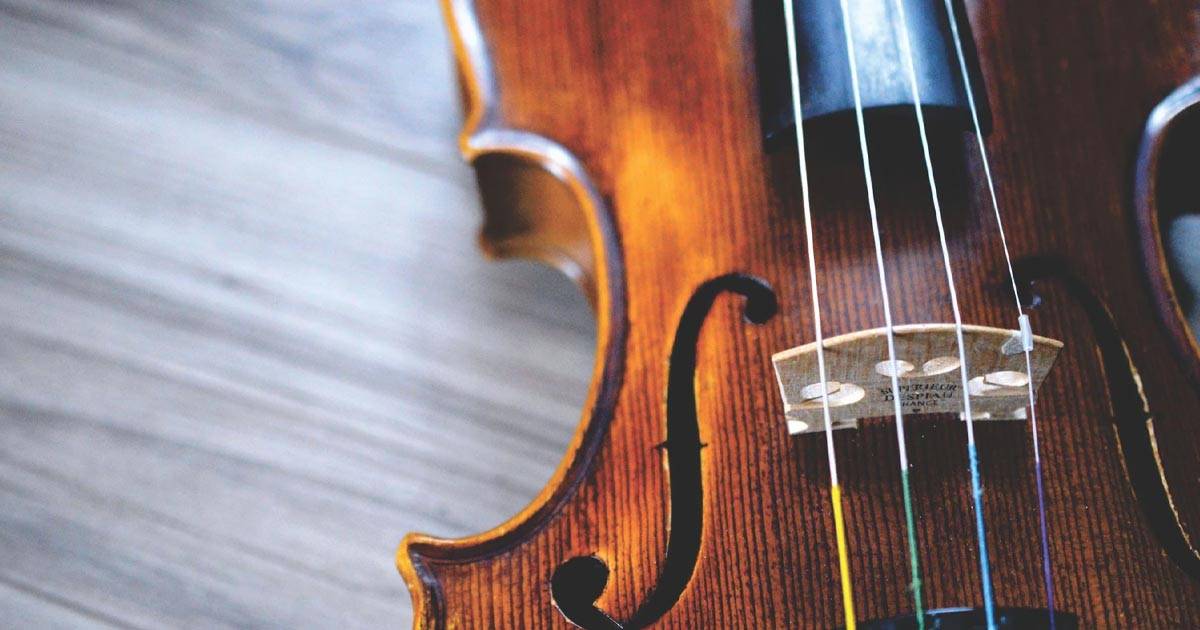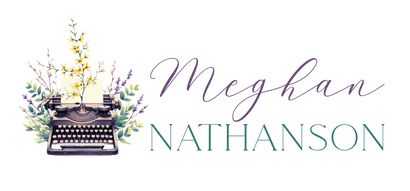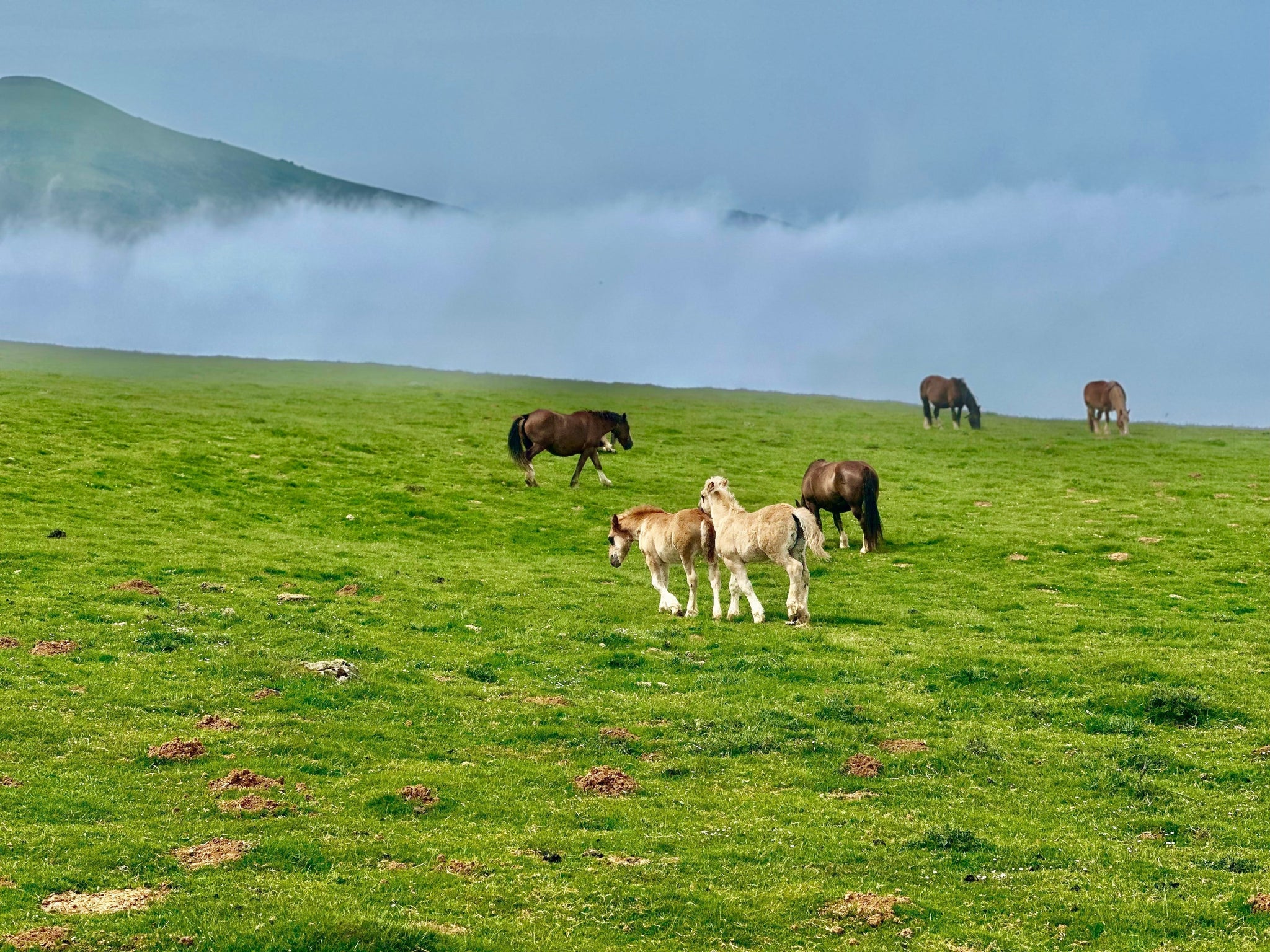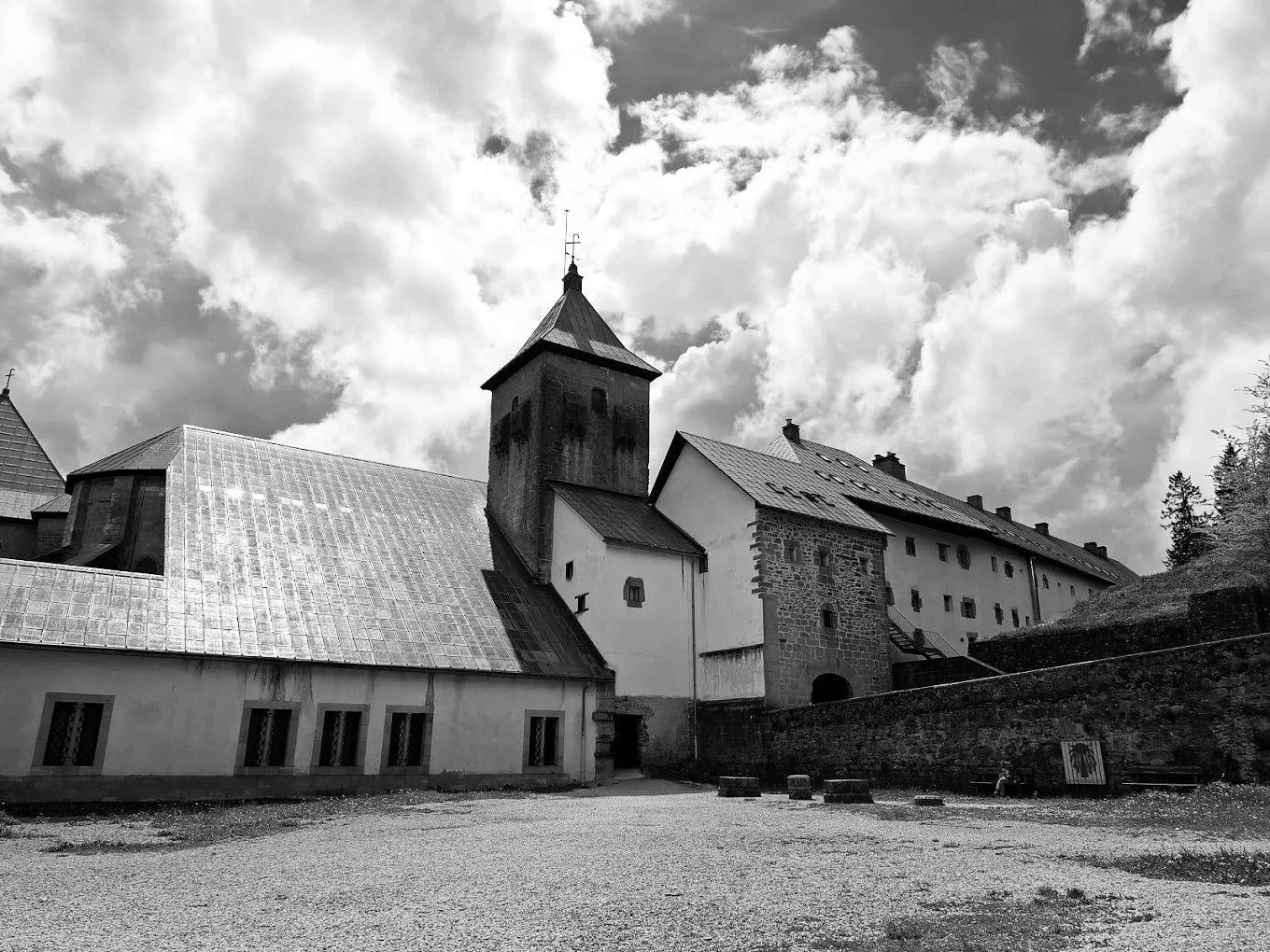
Jonah’s white, wrinkled button-down shirt and navy-blue pants hang on the laundry room door, the only space in the house with its original paint color. It’s also the only room upstairs without a window and has wallpaper trim depicting a line of clothing hung in a field, blowing in a breeze.
I am looking around for a dress shirt for Jonah, without stains and perhaps with long enough sleeves to reach his wrists, two hard to come by traits at the end of a school year in which he has been stretching out like a sapling. Often when I wake him, raising the sky-blue blinds, I notice his legs sprawled out across his sheets and wonder how long his new bed will last.
In the closet he shares with Adrian, the shelves are lined with old, snow boots and a basket filled with soccer cleats and water shoes in every size imaginable. There is a drawing Jonah made when he first began creating images of the human form, taped and hanging from a shelf. It’s a self-portrait and reminds me of how children come here knowing exactly how powerful and how perfectly-beautiful they are. The body of the figure is a large, vertical oval filled up with a series of colorful shapes, all integrated, like a stained-glass window. It’s as if he was pointing out the magnitude of his inner-world, the vast interior of us all. He also happens to have drawn himself with a wide smile and crazy hair. His limbs are rectangular, a seeming afterthought to what he views as the center of himself, the important part where he is bright and complete.
The drawing falls occasionally and when I find it on the floor, I either prop it back up on the shelf or go looking for tape to make it more secure.
There is a second closet in what is now a study with a wall-to-wall, window seat for reading and a large, sliding wooden door. I still hang a few of Jonah’s clothing in there. Discovering a couple of options, I finally decide on long-sleeves given the cold air that comes draping down the Maine coastline with the setting sun, like a damp blanket.
The two closets are connected by a (secret) passageway that has provided endless entertainment and intrigue to children visiting our home. Sometimes I’ll listen from downstairs as a pack of kids go running and crawling between the doors and the narrow opening on the far side of the closet. When I hear one of the doors slam with excitement, I wait for a cry to follow—fingers inadvertently caught. I don’t remember this ever, actually, happening. Just a fear of mine that it might.
I think about leaving the ironing for afterschool and before the concert but decide to get it out of the way. Filled with uncertainty, my mind has been scattered in this blur of weeks, gone by like a subliminal-flash on a movie screen. The tactile experience of household exertion gives weight to my wandering thoughts, tying my drifting energy down like a balloon connected with a slip-knot at my wrist.
Adrian chooses seats for us in the front row where folding chairs are lined up in the auditorium. We settle in not more than five feet from the stage and near a row of steps where Jonah’s class will later stand, clapping out extraordinary rhythms, singing in rounds. We will somehow, magically, be lined-up. Mother and son, face-to-face, in a way we could not have planned.
For now, looking up at the stage, chairs and music stands are set up in two, arching rows on either side of each other with the violins on the left facing the cellos on the right, forming a semi-circle. The room fills up quickly and the lights are dimmed. Adrian is vibrating with excitement next to me, chatting with a friend. I lean toward him, reminding him not to talk during the concert. Jonah walks onto the stage with his classmates and sits to my left, in the second chair in the second row. Unless I contort my body, I cannot see his face when he is seated. I can see his high-water, navy-blue pants and grey sneakers—new but already shabby. I never seem to prioritize the purchase of dress shoes and take comfort in the fact that the color, at least, is neutral.
Just before the start of the concert, my friend, an oncologist, rushes in and sits in the seat behind me. I can almost feel my ponytail begin to burn, as if under a spotlight, as if his presence alone portends my future hair-loss. I won’t find out until the following morning about my test-results and my doctor’s ardent recommendation for chemotherapy. I will wish I never knew about the option of freezing my scalp as a means of preserving my hair.
It would be so much easier to just surrender.
I imagine my friends within the wellness community nudging me toward another way. Haven’t I cured endless sore throats, knee injuries and avoided the flu with my powerful mind? Adrian loves to tell people about the time Jonah had a terrible, stomach bug and how I crawled into his bed with him for comfort, lying next to him, cheek to cheek, never succumbing to the illness.
I had faith in the power of love to protect me.
In reality, my holistic-minded friends say, do what you need to do. They trust my intuition and suggest that, some combination of treatment is probably best. They tell me about their colleague who is receiving palliative care. They bolster me with offerings of nourishing foods, herbs and flower essences. They transmit their palpable, energetic vibes.
Plentiful affirmations are coming my way. You will come through this. Stronger. Wiser. Happier. I wonder how much more of these things a person is supposed to be.
Maybe it was the cigarettes, smoke-inhaled in my 20’s in bars at all hours of the night after the towers came down. Or the anger—expressed fervently in response to the ubiquitous, mental-load thrust on women, on mothers, in the modern world. Perhaps my implacable call to nurture is to blame. Shouldn’t the copious consumption of anti-oxidants in the last decade, my diligent morning meditations, have balanced this all out?
The resonant peace, deep within my bones, has to count for something.
I decide to blame Glyphosate and send a text off to my friend who joins me in this abhorrent club. You did nothing wrong. You did nothing wrong. You did nothing wrong. I encourage her to rest and I take solace in the idea that life is a co-creation with forces at work I will never fully grasp. I listen for the still-deeper, whispers of my own inner-voice. I am pointed in the direction of our collective experience. In this construct, all we encounter individually is shared in the whole of our universal, energetic body. I am not alone.
At the concert, I listen to songs Jonah has been practicing for months and notice the tempo is much slower than his regular pace at home. I hold my breath for all of the students, noticing their heightened presence, a vast contrast to the relaxed way in which they hang-around at pick-up—knocking each other off of benches and hanging from a tree branch near the parking lot, their backpacks strewn about on the ground. I often have to go looking for Jonah in the school café where, upon dismissal, he has taken to picking out a roll, slathering it with butter and consuming it as we walk to the car.
Their bows move in remarkable unison. Many play without looking at their sheet music—gazing at each other across the room and at times out into the audience. They have accomplished the ability to collaborate and their capacity to play in steady-unison sends chills up my arms. Their teacher turns to the audience and shares how one student, Jonah’s friend with the golden eyes, came into class a few months prior playing around with the notes in an arrangement usually reserved for older students. She decided this class was ready to take it on.
They begin plucking out a group of familiar notes and the audience becomes captivated by a song most everyone knows. Another teacher joins in on his guitar and the conductor adds her violin. Eventually, the students put down their instruments and begin singing. Their words come out in an authentic tenor, almost as if they are not engaged in a performance. They sound like themselves, like they are using their exquisite, everyday voices. The source of the melody seems to be channeled straight from the wide, oval girth of their colorful inner-bodies.
I absorb this truth of them, hoping they might always be so in-touch with their original natures.
My face grows hot with emotion. I shift in my seat and make a conscious effort to usher the intense feeling rushing through me around my body where it finally makes its exit through my pores.
I won’t cry, I won’t cry. No, I won’t, shed a tear. Just as long, as you stand, stand by me.
I have been observing the kind-way of a violinist in the front row since nursery school. I admire her sweet, side-bun, done-up for the occasion. A tune created exclusively with finger-plucking, lightens my heart.
When the strings part of the concert is finished, the students place their bows on the music stands and make their way down to the row of steps in front of us. Jonah is standing in the front row directly before me. I could reach out and touch him. We smile at each other and I notice the way his face lights up in waves, first his eyes brightening and then his lips and entire mouth following. He looks at me in this way, multiple times, as he waits for his classmates to find their places. It seems as if it could have been just him and me, alone, in that big auditorium.
Finally, we come to the song I’ve been anticipating. The first time Jonah rehearsed it at home, he was moving in and out of my view in the doorframe of the laundry room while I folded clothing. I was taken-aback by his capacity to embrace a passionate voice. I could tell by his grin he knew he was presenting differently than I had ever witnessed him. He suddenly seemed more mature, more his own person. The scope of his private experiences, separate from me, seemed to be expanding exponentially.
Even despite my previous emotion, I didn’t expect my heart to contract so mightily when the music began. If cancer does one thing, it frames your life. It reminds you that time is fleeting and all we really have are individual moments in which to see people, exactly as they are. It also shows you how you can endure way-more than you think you can.
Beaming in his white button-down, Jonah begins singing to me about this very thing. He looks into my eyes, into my soul, really, with his sparkling, baby-blues.
If you love somebody, better tell them why they’re here.
Rocking a little, side-to-side, he continues smiling, the message far lighter to him than it is to me.
My breath catches in my throat and I can hardly contain myself, tears immediately springing to my eyes. My husband notices a shift in the energy surrounding him as if the air has become more humid and turns toward me. It takes Jonah a moment to recognize what is happening. Then I see a brief flash of revelation cross his face. It isn’t the first time he’s seen me try to hold back tears, by any means. But it’s too late to recover myself for his benefit.
He pivots subtly in the direction of his teacher, so he can stop looking at me.
By the end of the song I pull myself back together, and perhaps recognizing my recovery on some visceral level, Jonah turns slightly back in my direction. We connect, his face lighting up again like a cresting wave. He finishes the song safely within my gaze. I wonder if he understands the power of the words he delivers in the final few lines of the song.
And I know it’s hard when you’re falling down. And it’s a long way up when you hit the ground. Get up now, get up, get up now.
Just after this last song is finished, the audience is invited to move all of the chairs and to clear the floor for a line dance. The room erupts into a cacophony of metal being pushed across wood. There is a discernable exhale, like the top buttons of a shirt being undone.
Each student chooses a partner to join them in the community dance. Jonah takes my hand and we join a row of friends in two lines running parallel across from each other. We discover a fast path to joy and laughter as we follow the call of the fiddler’s song.
Over and over we come together and part ways again. Hands clasped, we duck through a tunnel of arms raised above our heads finding ourselves out on the other side. We stomp our feet, hard, and clap our hands and bow at each other. It feels good to be light in my body, to let go and be free. You never know when you’ll have another moment like this.
Subscribe to my mailing list!
Leave a comment (all fields required)
Comments will be approved before showing up.


